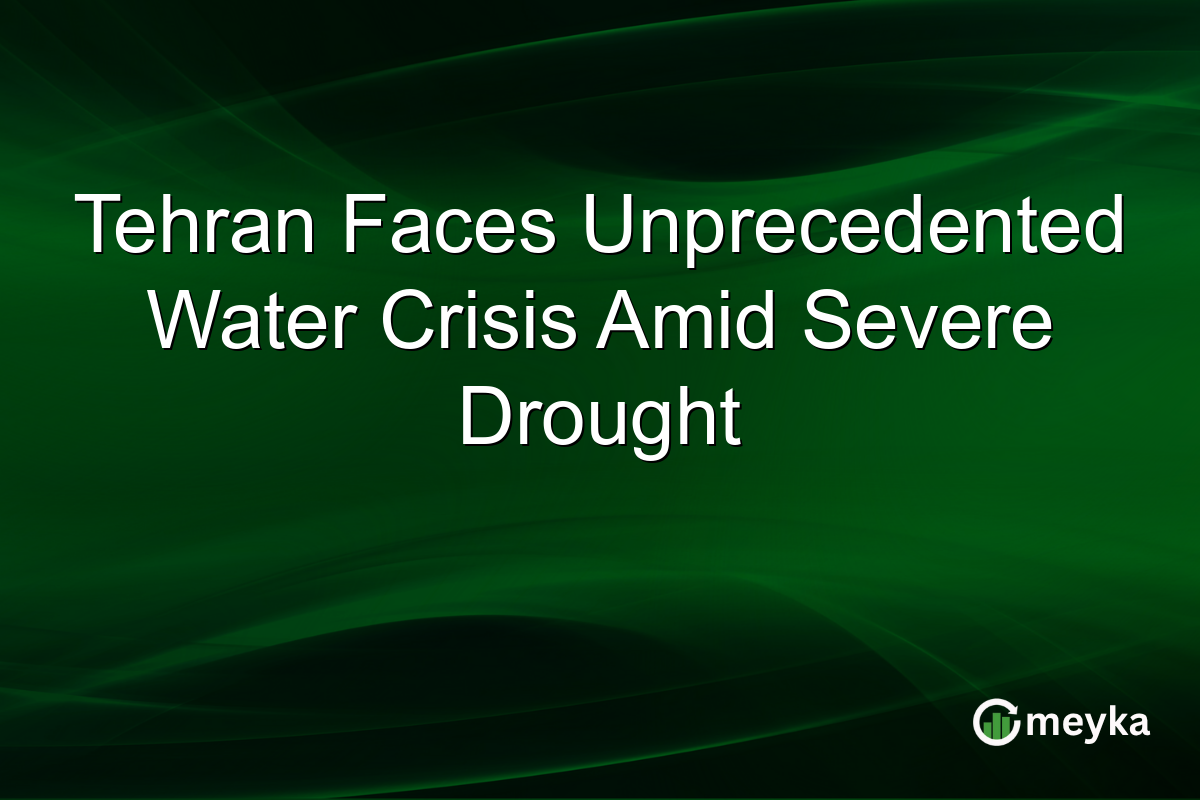Tehran Faces Unprecedented Water Crisis Amid Severe Drought
Tehran, the bustling capital of Iran, is grappling with a severe water crisis as the country faces one of its worst droughts in decades. With precipitation levels dropping to historic lows, officials are seriously considering water rationing measures. This dire situation highlights the broader impact of the Iran drought on urban centers and public welfare, sparking concerns about long-term sustainability and economic stability.
Continue Reading on Meyka
This article is available in full on our main platform. Get access to complete analysis, stock insights, and more.
Read Full Article →





